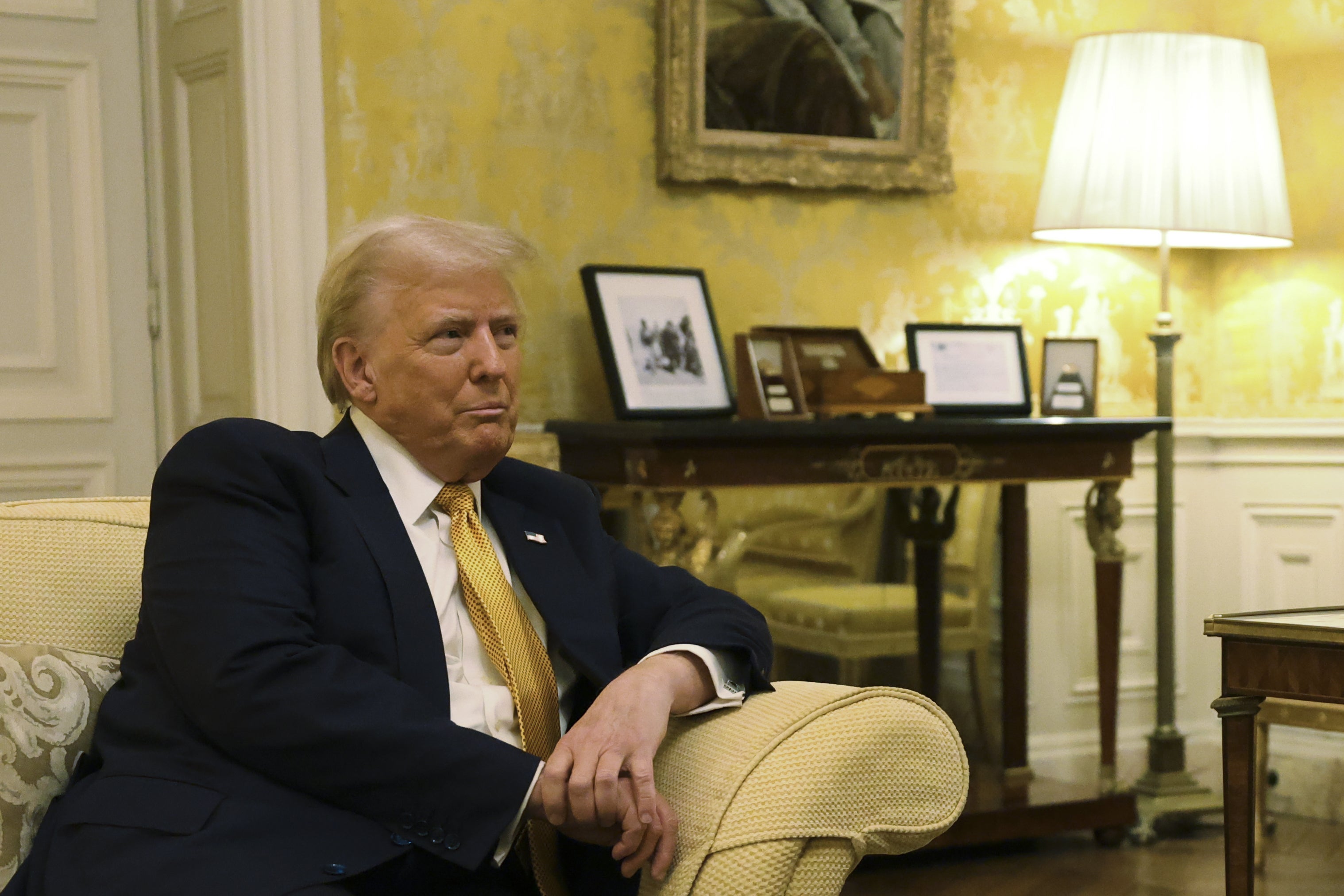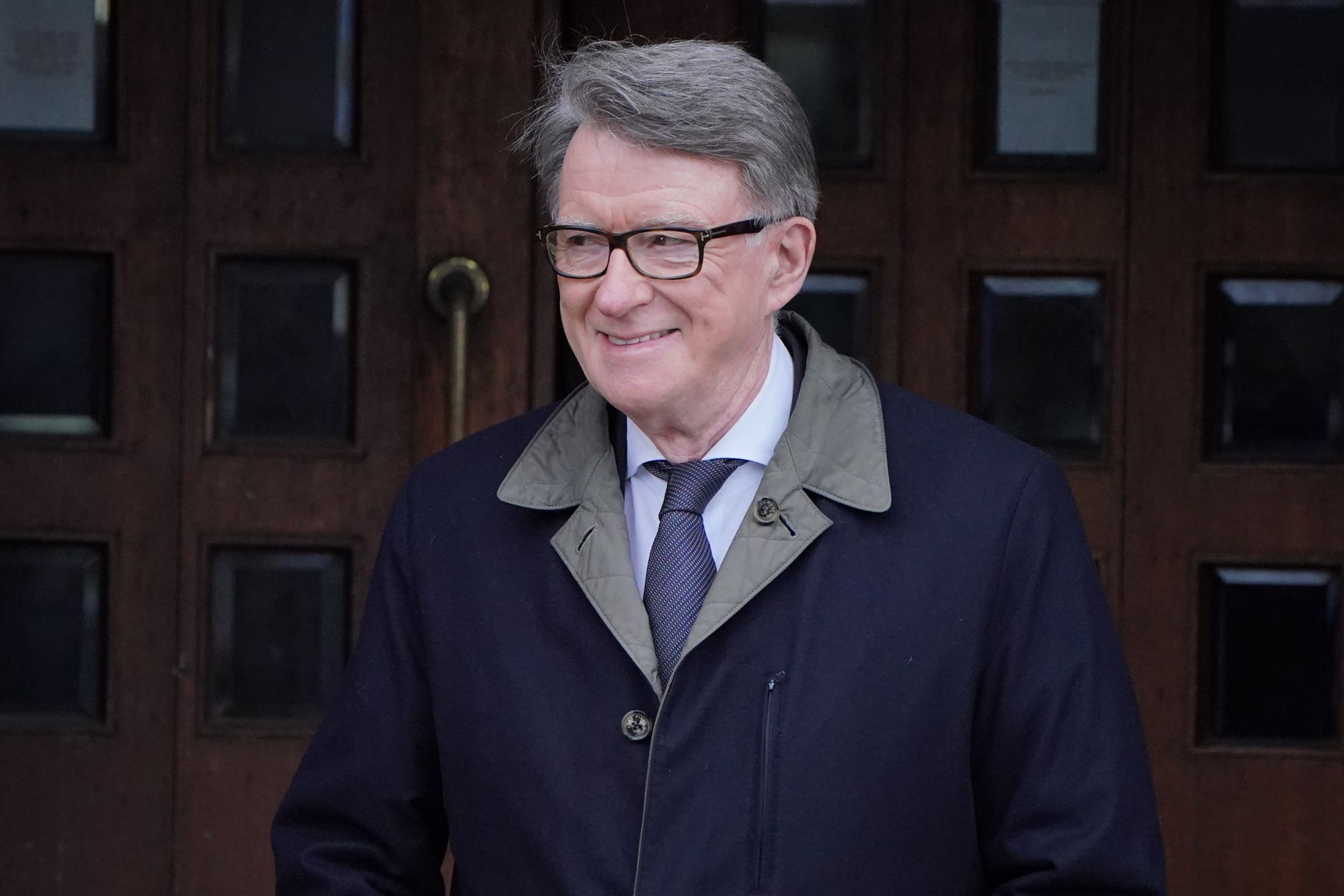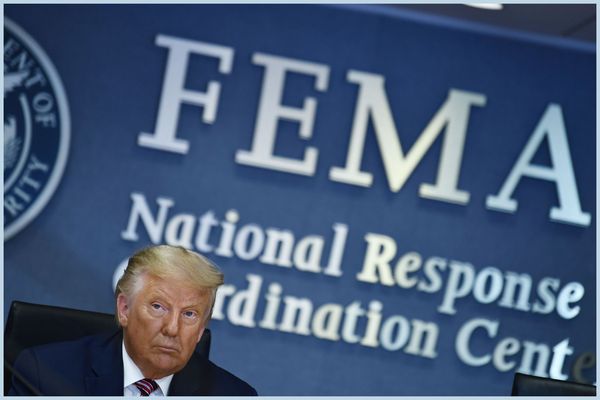Peter Mandelson has admitted concern about the looming prospect of tariffs from the US, saying Sir Keir Starmer’s government can “make our views known privately and directly”.
While the UK’s top diplomat in Washington said Britain would “not necessarily agree” with every detail of the new US president’s agenda, he said the government must respect Donald Trump’s “strong and clear mandate for change” and “understand what drives him”.
It comes after Mr Trump announced a worldwide 25 per cent tariff on steel on Monday, triggering panic over the future of Britain’s fragile industry.
It also sparked fears that more trade fees could deepen problems for the UK economy, which is already teetering on the brink of a recession.

On how the UK could try to persuade Mr Trump to change his position on certain policy areas without alienating his administration, the new ambassador told the BBC: “Well, we’ve got to take all these issues as they come, realise that the president has a very strong and clear mandate for change in the United States.
“Now that doesn’t mean to say that we’re going to agree in Britain with every single detail of what he does, but we have to respect and understand what drives him, what his mandate is to do, and how his allies need to adjust sometimes.
“And I believe that, given the relationship that we have, we can always make our views known – best, by the way, directly and privately.
“We have a strong relationship that enables us to influence the president and his policies where necessary, and it certainly should not affect our ability to work well together, and that’s what I intend remains the case.”
Lord Mandelson said he was concerned about the possibility of tariffs on the UK, but added: "We actually have a very balanced trade relationship between Britain and the US. I don't believe that his tariffs are actually directly targeted at us."
While the government is waiting to see details of the policy, the steel industry body called for decisive action from ministers, and unions warned further jobs could be put at risk in an already crippled sector.
The US is the industry’s second-largest export market after the EU, although the government said it only accounted for 5 per cent of UK steel exports in 2023.

Britain exported 166,433 tonnes of steel to the US in 2023, the last full year for which figures are available.
So far in his second term in the White House, Mr Trump has imposed, but then delayed, duties on imports from Mexico and Canada, and has also imposed 10 per cent levies on goods from China.
The president has previously suggested a deal could be done to exempt the UK from tariffs while claiming Britain is “out of line” in its trading relationship with the US.
The prime minister is hoping to visit Washington in the coming weeks, but Downing Street has not confirmed any upcoming travel.
No 10 insisted that Britain and the US would continue to “work closely together on a range of economic issues, supporting jobs” on both sides of the Atlantic.
“I haven’t seen any detailed proposals following the reporting overnight, but we will obviously engage as appropriate,” the prime minister’s official spokesperson said on Monday. He added that he would not be drawn into saying whether the UK would retaliate if Mr Trump went ahead with the tariffs.
But there are concerns that ministers have refused to say whether a strategy is in place to deal with the threat.
Calum Miller, the Liberal Democrat foreign affairs spokesperson, said ministers should “be urgently working with international allies on a coordinated response”.
“British jobs are on the line. Businesses and workers want to see the government stand up for them, not tiptoe round the issue,” he said.
Meanwhile the leader of the party, Sir Ed Davey, called for a four-nation UK summit to allow the devolved leaders to deal with the impact on the steel industry.
But David Henig, director of the UK Trade Policy Project at the European Centre, said it could be counterproductive for the government to reveal its tactics for protecting the economy in what is turning into an international game of poker.
Lord Mandelson, a former minister and key architect of the party’s renewal in the 1990s, said his “priority” in his new role would be to help encourage an investment relationship with the US fit for the 21st century.
“Each of us wants to grow our economies,” he said.
“I think that what we need to do is to build a technology and investment relationship between the US and the UK that’s fit for the 21st century. That’s where I want to focus.”
He added: “We’re going to depend in growing our economy on private investment, foreign investment, a large amount of which is going to come from the United States of America.”







